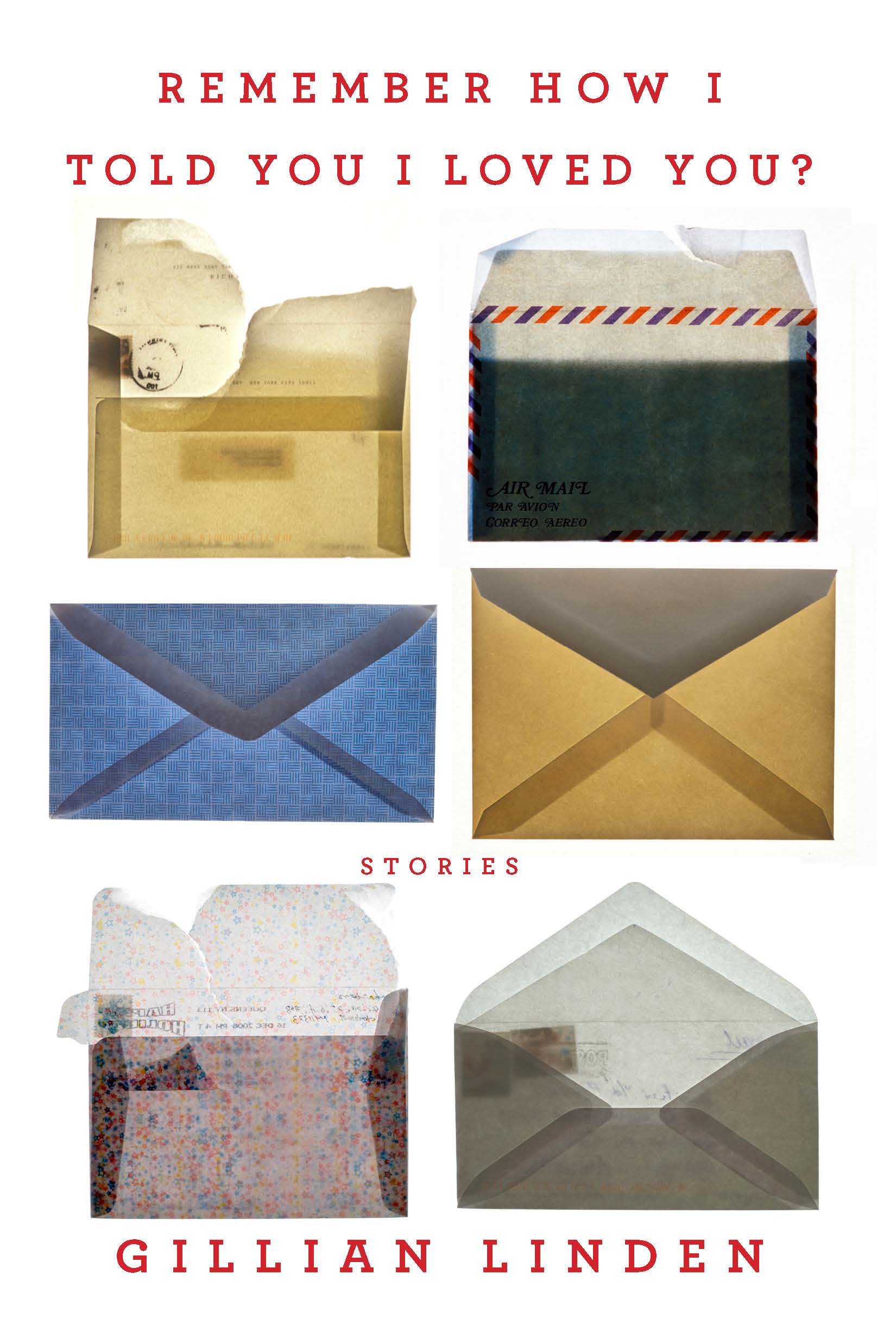If fiction falls into two categories—that which comforts the reader and that which makes the reader uncomfortable—Gillian Linden’s collection of short stories Remember How I Told You I Loved You? is somehow both. Each story is a string of perfectly-chosen details describing quiet domestic scenes, and yet in each story there is just the slightest hint of dread—a feeling that something may go wrong, but that it is equally possible nothing will happen at all. It’s this little bit of darkness, just a shadow really, that makes Linden’s first book so worth reading. Reading it, I felt surrounded and soothed by the comforts of bourgeois life, selected so carefully and poetically. But I also felt a bit tense, as if I were anticipating not an apocalypse but one of the smaller catastrophes of human existence—not having anything to say at a dinner party, for example, or the knowledge that something you’ve just said will lead to a fight with your significant other.
Many of the characters in these seven brief stories are women in their twenties and thirties with significant others. We follow a woman named Karen throughout the collection, though Linden branches off to tell stories about a few of her friends and boyfriends along the way. To say that we follow her is not to say that we watch anything happen very fast, since Karen is a slow-moving woman and a fickle one; the collection encompasses at least three of her dead-end relationships and as many dead-end jobs. But she’s interesting in spite of her aimlessness—she’s curious, intelligent, and above all, skeptical. Although many of the stories narrate her romantic and sexual relationships, she seems to favor reserving her emotion, observing before she feels. And Karen is dry—the kind of person you imagine would be hard to read, if you were one of the selfish but harmless men she dates.
The major draw of this book is ultimately Linden’s skill with prosaic detail—”a single slim gray disc of bar soap in the tub,” “a stack of interior design magazines with covers like glass.” The reader’s relationship with these objects and spaces becomes almost tactile, and everything is soft to the touch. It’s an old story, the mystery or secret unhappiness simmering beneath a perfect and pleasurable home, and there is just enough of that mood in this collection to keep things interesting. The parallel feelings of existential dread and domestic coziness that run through Remember How I Told You I Loved You? are excellent bedfellows.![]()
